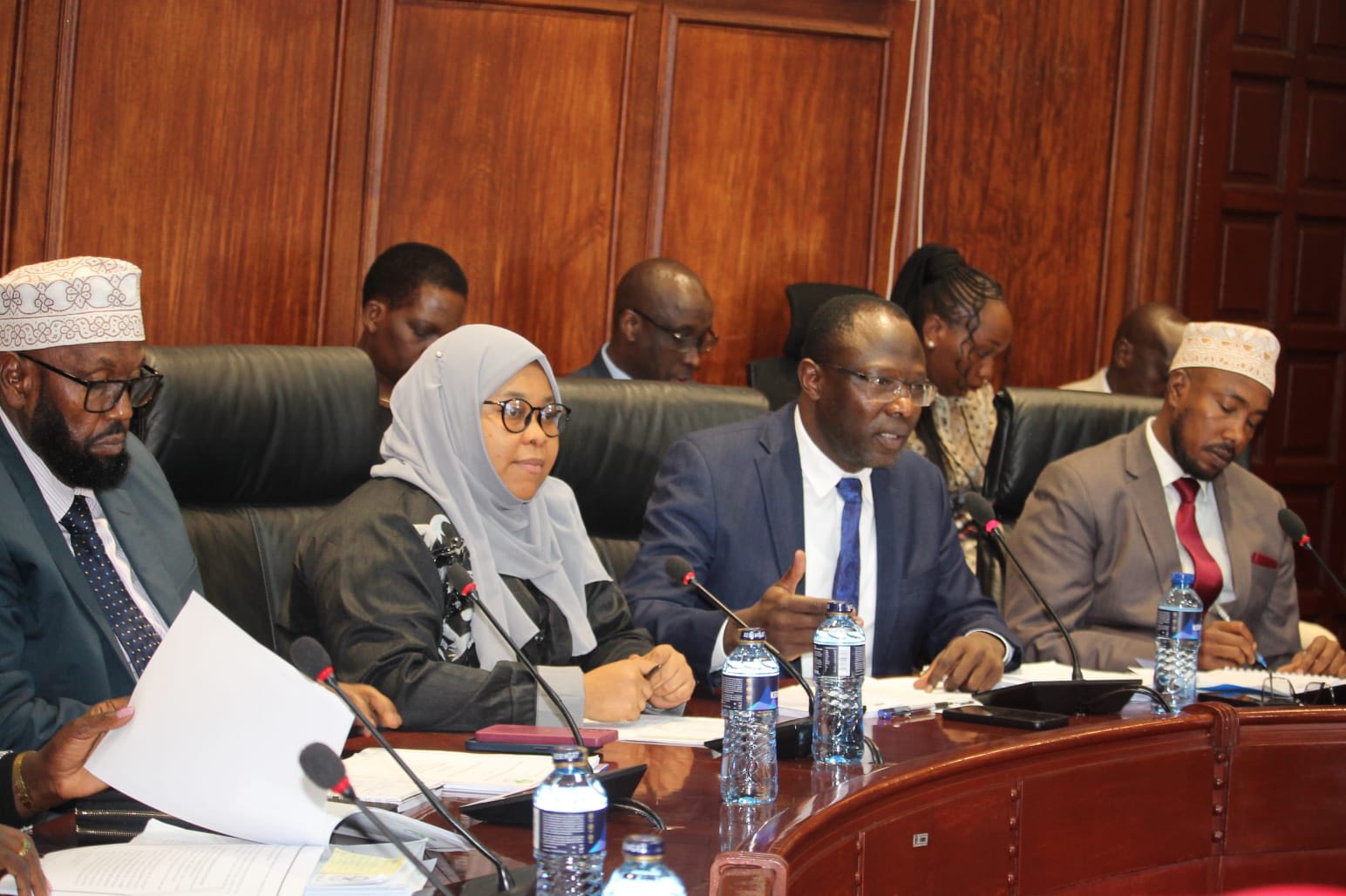The Independent Electoral and Boundaries Commission (IEBC) has confirmed that it will not carry out a boundary review before the 2027 general election, citing strict timelines and legal constraints.
The commission warned that proceeding with the exercise would derail the election timetable and urged Parliament to urgently provide legislative guidance to avert a constitutional crisis.
Appearing before the National Assembly’s Constitutional Implementation Oversight Committee on Thursday, IEBC chairperson Erastus Ethekon said the commission requires at least two to three years to handle what he termed a technical and highly sensitive exercise.
“We need two to three years to conduct this technical and emotive issue,” Ethekon told the committee chaired by Suba South MP Caroli Omondi.
The law requires the review to be undertaken at least once every eight years and not later than the twelfth year. The deadline passed in March 2024, leaving the commission out of time.
Ethekon stressed that with the election cycle already in motion, starting the process now would upset preparations for 2027.
“My fear is that we might not meet the threshold. We call upon Parliament to do certain things,” he said.
He told MPs that the commission will meet within a month and issue a final position on the matter following a Supreme Court advisory opinion. On September 5, the court struck out an earlier reference by the IEBC, ruling that only a fully constituted commission could seek such an interpretation.
“On September 5, 2025, the court rendered itself on the advisory opinion in which it struck out the reference filed by the commission. The court opined, among other things that only a duly constituted commission, comprising the chairperson and other members could bring the matter before the court for its determination,” IEBC legal affairs director Chrispine Owiye told MPs.
He added that the commission is weighing its next steps in light of the expired timelines, ongoing electoral activities, and the critical need for delimitation.
Tiaty MP William Kamket warned that failing to conduct the review is already a constitutional crisis.
“Already it (boundary review) is a constitutional crisis and you may not unlock it. What is the worst that can happen—in case you are not able to do it before elections?” he posed.
The stalemate has left the fate of 27 constituencies uncertain. These include Voi, Wundanyi, Mwatate, Galole, Bura, Isiolo South, Samburu East, Laisamis, North Horr, Saku, Kilome, Mukurweini, Mbeere North, Mathioya and Ndaragwa. Others are Budalang’i, Vihiga, Othaya, Kangema, Marakwet East, Keiyo North, Tetu, Mogotio, Lamu East, Lamu West and Mvita.
During a review, the commission is required to confirm whether constituencies meet the population quota, calculated by dividing the national population by the number of constituencies.
In 2012, the threshold was 164,000 people, which the 27 constituencies failed to reach. They were protected in that round but the safeguard expired in the current review cycle.
Despite shelving the boundary review, IEBC said it is focused on strengthening voter registration ahead of 2027. Ethekon said the commission is targeting 6.3 million new voters and will roll out continuous registration across all constituencies and Huduma Centres.
“The commission aims to register 6.3 million new voters in addition to the current 22.1 million registered voters ahead of the 2027 general election. This target is based on the voting age population,” Ethekon said.
Commission CEO Hussein Marjan explained that past reliance on census data for registration targets proved unreliable.
“The above trend confirms that the commission’s strategy of using Voting Age Population for target setting, has not been accurate, sustainable and veritable noting the impractical targets on the commission,” he said.
He noted that the agency has now adopted Voter Eligibility Population (VEP) data derived from actual National ID and passport records, which he said is a more reliable approach.
“This actual National ID/Passport data-driven approach ensures that resources are deployed efficiently and performance benchmarks are realistic and attainable,” Marjan stated.
